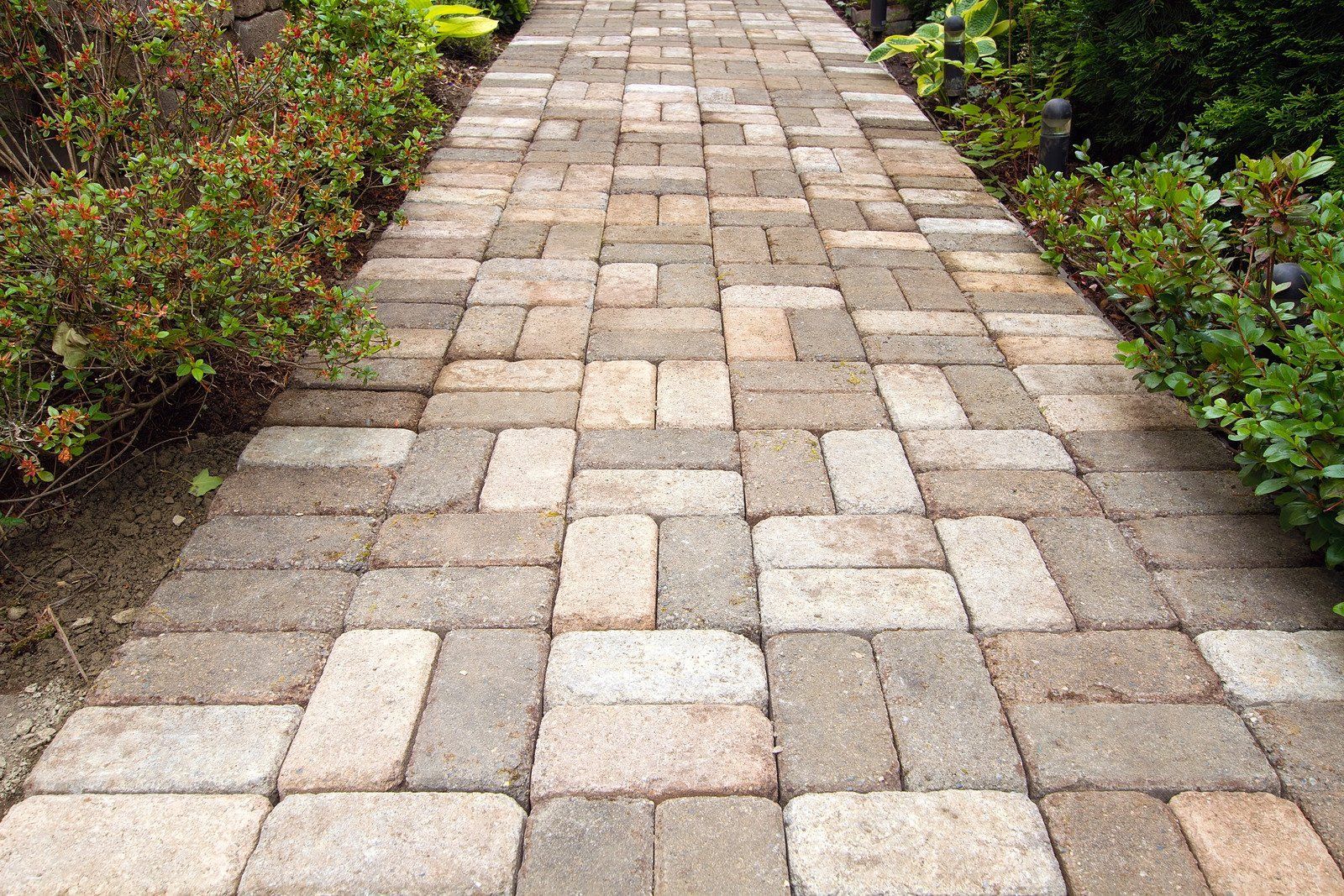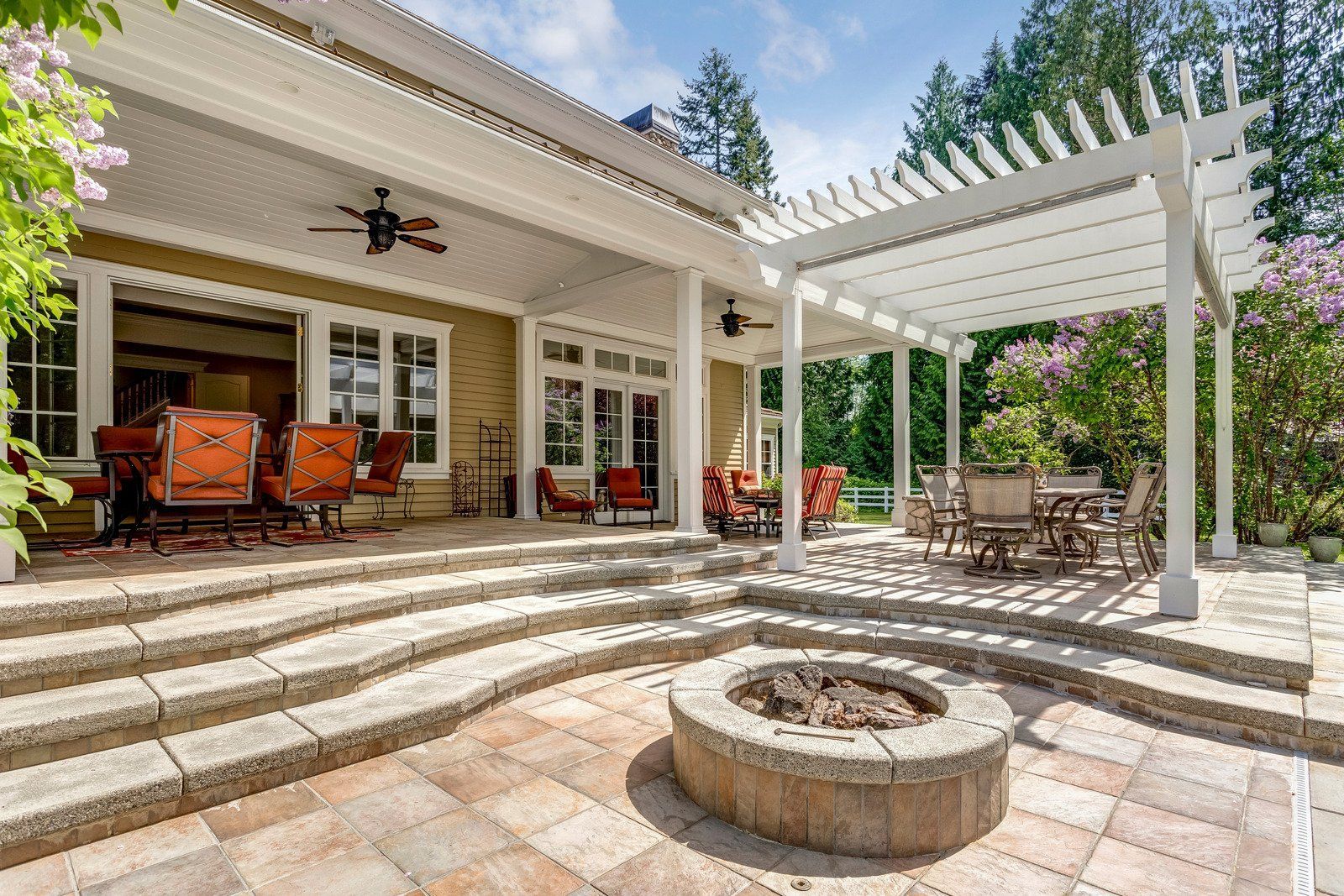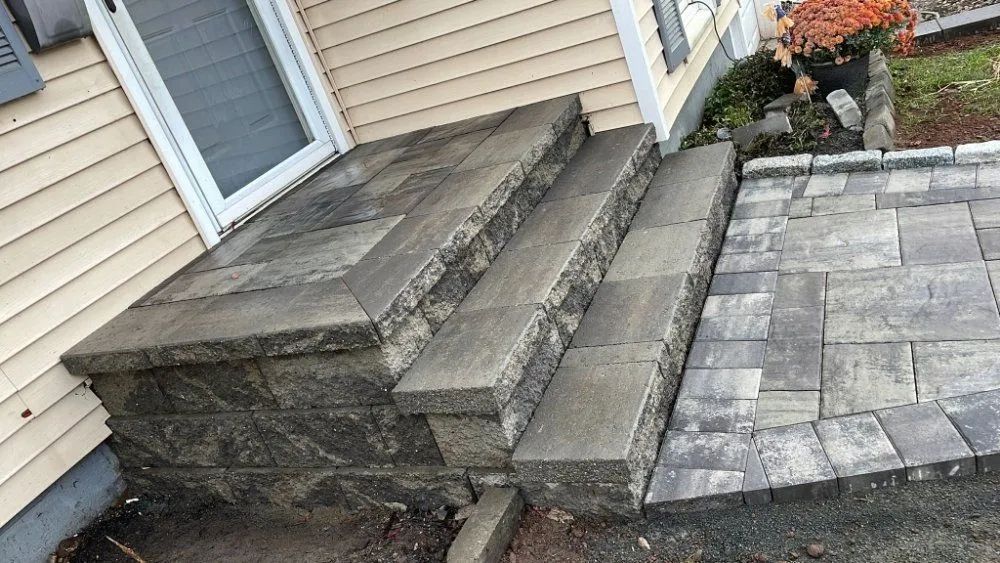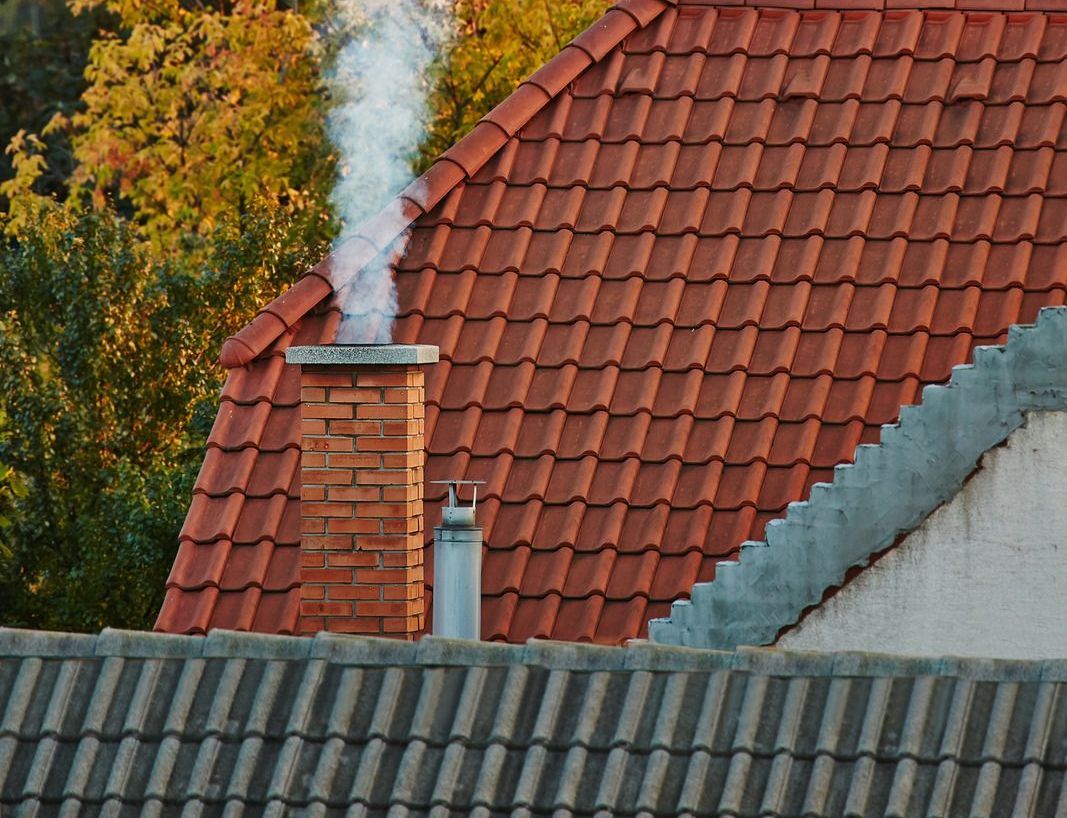Signs Your Chimney Needs Repair and Why You Shouldn’t Wait
Chimneys are often overlooked components of a home’s structure—until a problem arises. Whether used regularly or seasonally, chimneys must withstand extreme temperatures, moisture, and weather conditions. Over time, these factors can lead to structural damage and safety hazards. Ignoring early warning signs may result in more costly repairs and increased risks, including fire hazards or water infiltration. Recognizing when your chimney needs professional attention is essential for protecting your property, your family’s health, and the long-term value of your home. In this blog, we’ll explore the key signs that your chimney may need repair and why prompt action is always the best course.
1. Cracked or Missing Mortar Joints
Mortar joints between chimney bricks play a vital role in holding the structure together and keeping moisture out. When you notice crumbling, cracked, or missing mortar, it’s a clear indication that the chimney’s integrity is at risk. Without timely repair, moisture can seep in, freeze, and cause the bricks to loosen or fall—posing structural concerns and escalating repair costs.
2. White Staining (Efflorescence)
A white, powdery substance on the exterior of your chimney is called efflorescence. While it might appear harmless, it signals excessive moisture within the masonry. Over time, this trapped moisture can weaken the structure and accelerate deterioration. If left unaddressed, water damage can spread to surrounding walls or ceilings, leading to rot, mold, or costly interior repairs.
3. Damaged or Rusted Chimney Cap and Flashing
The chimney cap and flashing protect against rain, snow, and animals. When these components are rusted, cracked, or missing, moisture easily penetrates the chimney system. This leads to rusted damper assemblies, damaged liners, and mold growth. Regular inspections can help identify these issues early and allow for quick repairs that prevent further damage to the chimney and your roofline.
4. Interior Water Stains or Musty Odors
Water stains on walls near the chimney or musty smells coming from the fireplace often indicate internal leaks. These symptoms suggest that the chimney’s waterproofing has failed, allowing water to seep through cracks or faulty flashing. Beyond cosmetic issues, prolonged moisture exposure compromises your chimney’s structure and creates unhealthy living conditions due to mold or mildew.
Don’t Delay Critical Chimney Repairs
Chimney damage rarely resolves on its own—and the longer repairs are postponed, the worse the problems become. Regular inspections and timely repairs can prevent significant safety risks, costly damage, and heating inefficiencies. Protect your home and your family by addressing chimney issues at the first sign of trouble, with the help of experienced masonry professionals.
Husky Masonry And Paving, based in Meriden, Connecticut, brings over 15
years of experience in expert chimney repair services. We specialize in restoring structural integrity, repairing mortar joints, replacing caps and flashing, and ensuring long-term performance. Trust our team to protect your home with precision, professionalism, and dependable masonry craftsmanship.




